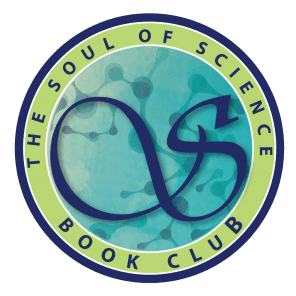Science, as a discipline, seems to possess a greater hold than all others on the modern mind. Much of popular culture has endowed science with the influence of the highest authority, deferring to the explanations, theories, and agenda of the scientific community. Science enjoys a position today as the most regarded, revered, and referenced field of study. For many, to refute any idea labeled “scientific” is antithetical to knowledge. To question a tenet of science is to take on the label of uneducated or naïve.
With science occupying such a position of authority, there are significant questions we need to consider. Why is modern science largely antagonistic to philosophical questions? Why do those who take exception to the alliance of atheism and science find themselves marginalized in many scientific circles? Why is there such a fervid cry to separate science from religion (and ethics and philosophy)?
If we want to offer our students a sound understanding of science, one that accounts for both the history of scientific thought and the culture of modern scientific exploration, we must investigate the connection between science and philosophy. We must seek out the tie between science and faith; we must identify our own worldview, and trace the succession of worldviews throughout history that influenced scientific thought and exploration. In order to understand where we are scientifically, we must know where we began. Our understanding is not helped by ignoring history, or rewriting it to suit current intellectual climates. We must be free to ask the questions “why do you say so?” and “where is the evidence?”
Ironically enough, posing questions—even uncomfortable or unpopular questions—has always been the province of science! A look back into the history of science and its beginnings will show us how far we have come from the intent of the thinkers who pondered the philosophy of nature. To truly understand the state of science today, we must trace the corresponding changes in science and worldview that run intertwined through the history of western civilization.
Nancy Pearcey’s book, The Soul of Science, calls us to just such a journey! If you would like companions on the journey, join us for the Soul of Science book club meeting Monday nights this fall.
We must bring our faith out into the open, and allow it full reign in all our pursuits—intellectual and spiritual. The “implications of our faith” must be actively worked out, and we must teach our children to embrace that task, not shy away from it.




